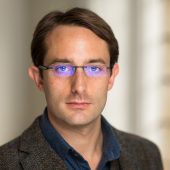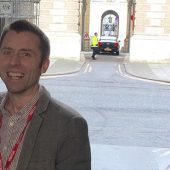This year saw the first workshop on Freedom of Communications on the Internet, co-located with USENIX Security in San Francisco. My contribution, co-authored with Ian Brown and Tulio de Souza, focused both on the means for mapping censorship in greater detail as well its legal and ethical implications.
The paper was inspired by the realization that censorship at the national level need not, and clearly often is not, applied equally across a country. The riots in Ürümqi, in Xinjiang, resulted in a blanket internet ban for that region that was not extended to the rest of China. The widely-reported shutdown of Egyptian internet service for several days during the 2011 Egyption revolution was not experienced, at least at first, on the ISP that provided service for important financial services. The ability to filter selectively is clearly, in the view of a censor, very useful.
Even when censorship is intended to apply equally, practical considerations can cause localized discrepancies. In large-scale or complex censorship regimes total centralization may be infeasible, resulting in censorship being delegated to local authorities or organizations. These may, in turn, make different choices in how to implement filtering at the local level, with varying results.
All previous major studies of internet censorship have considered filtering at the national level, without investigating the potential for local variation.… Read full post

